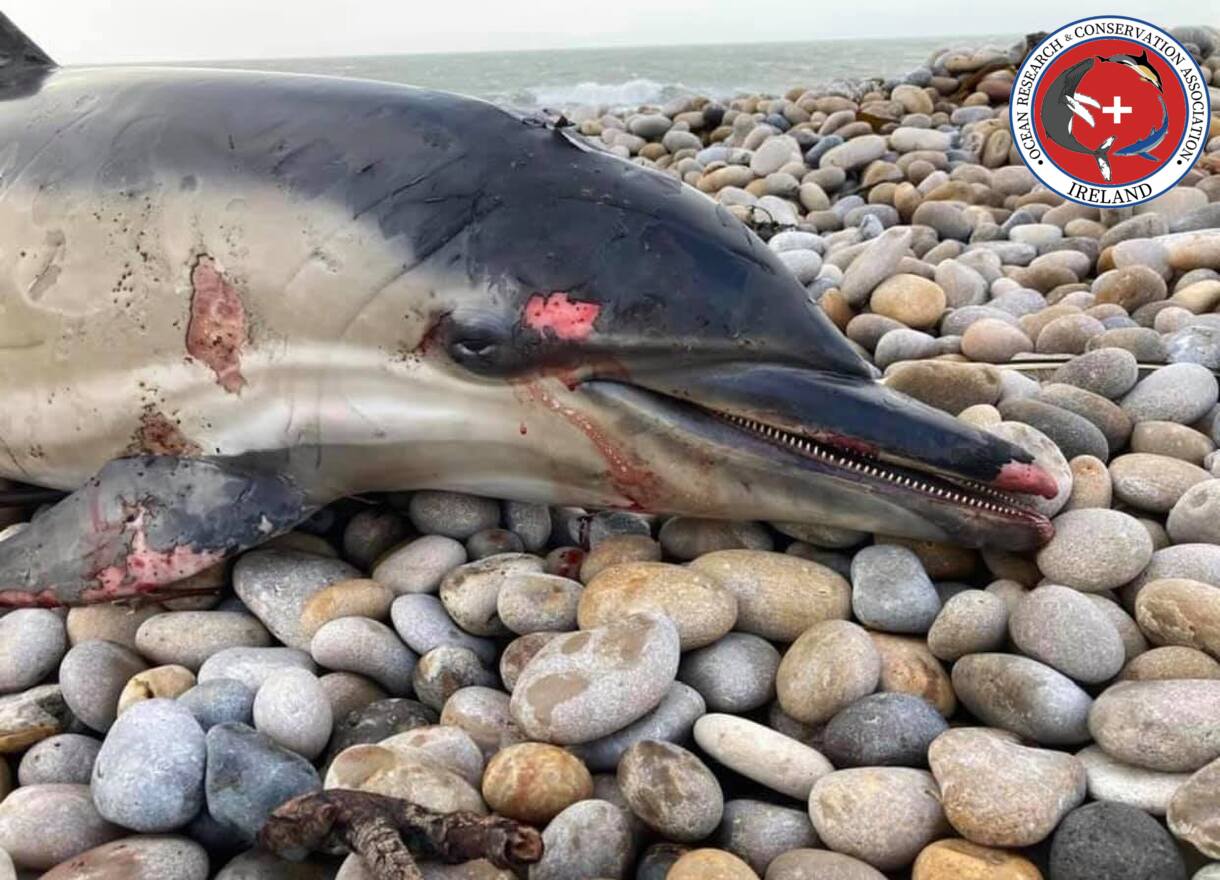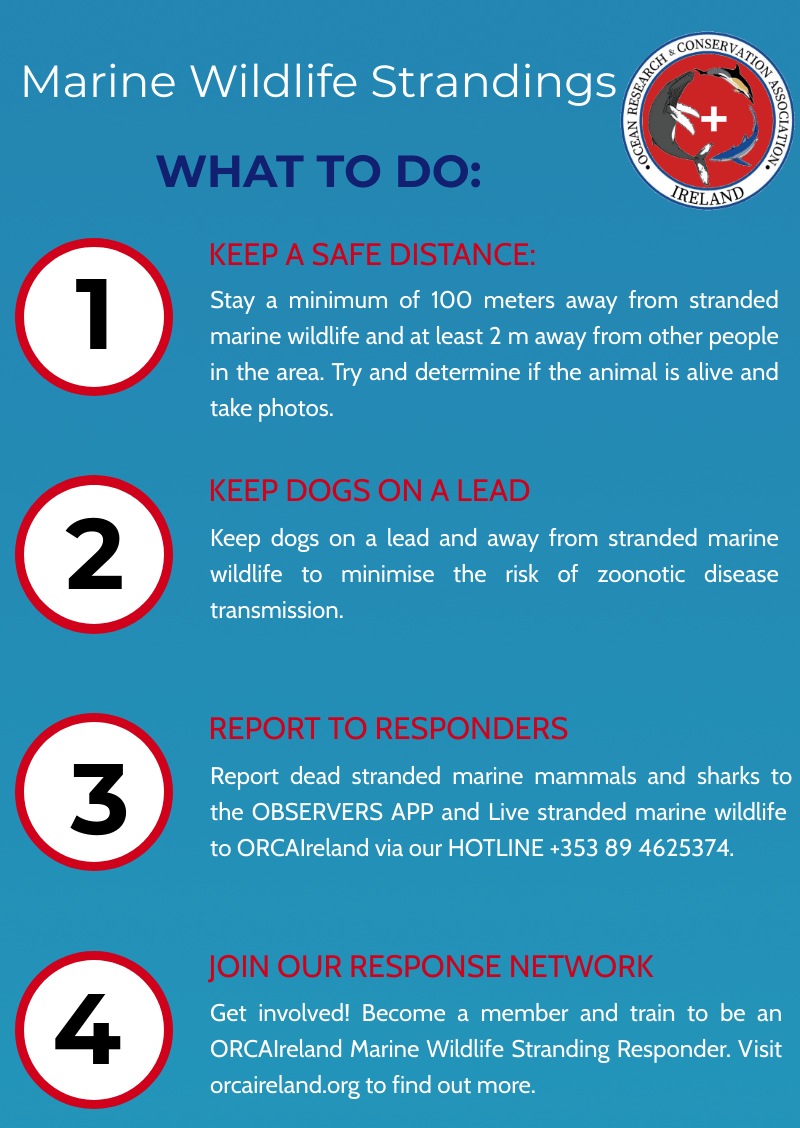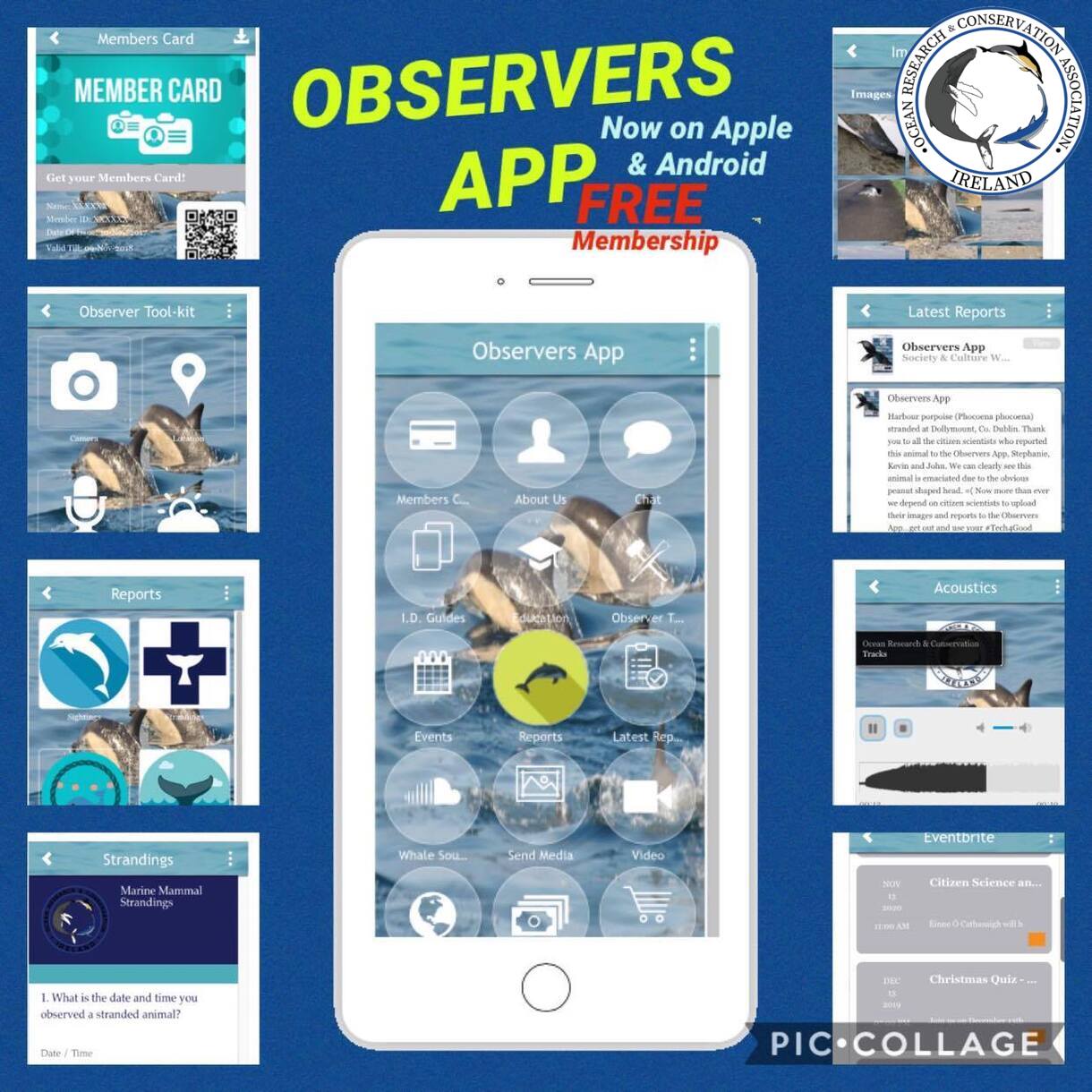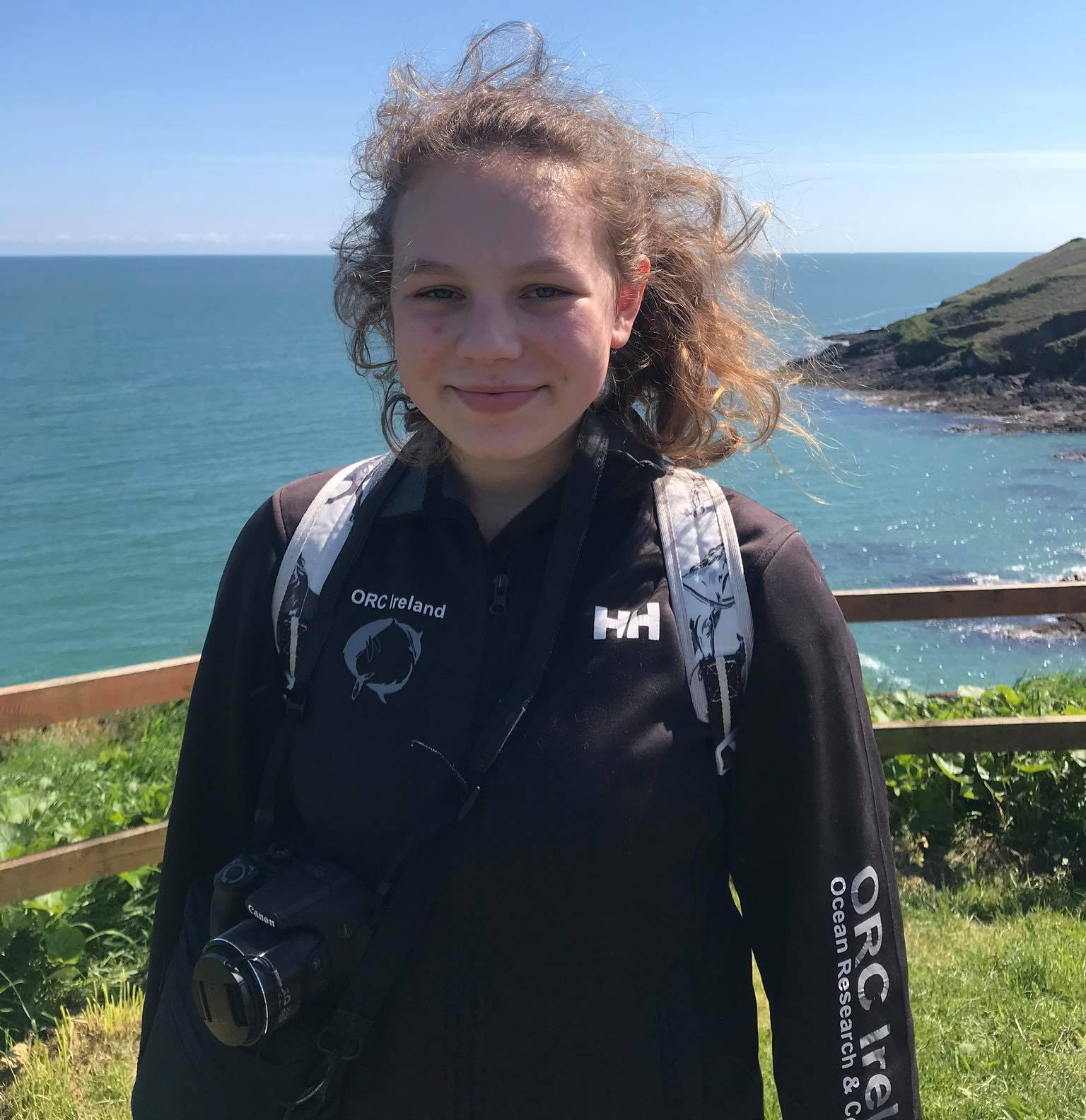By ORCA SciComm Team | 30th November 2023
•
November 30, 2023
COP28 Controversies: The Urgency of Action and Accountability ORCA SciComm Team | 30th November 2023 COP28 represents the UN's most recent series of international climate negotiations taking place from November 30th to December 12th, 2023. This year, it is hosted by the UAE in Dubai and is expected to be attended by 167 world leaders, among them the Pope and King Charles III. As the first day of COP28 begins, the critical climate conference taking place in the United Arab Emirates (UAE), we at ORCA Ireland find ourselves reflecting on the paradox that frames this event. The UAE, a nation with an economy that is built on oil and gas production, is hosting a summit aimed at mitigating the very crisis exacerbated by fossil fuels. This juxtaposition is not lost on the global community, particularly in light of leaked documents suggesting an agenda to boost oil and gas production rather than reduce it.

















